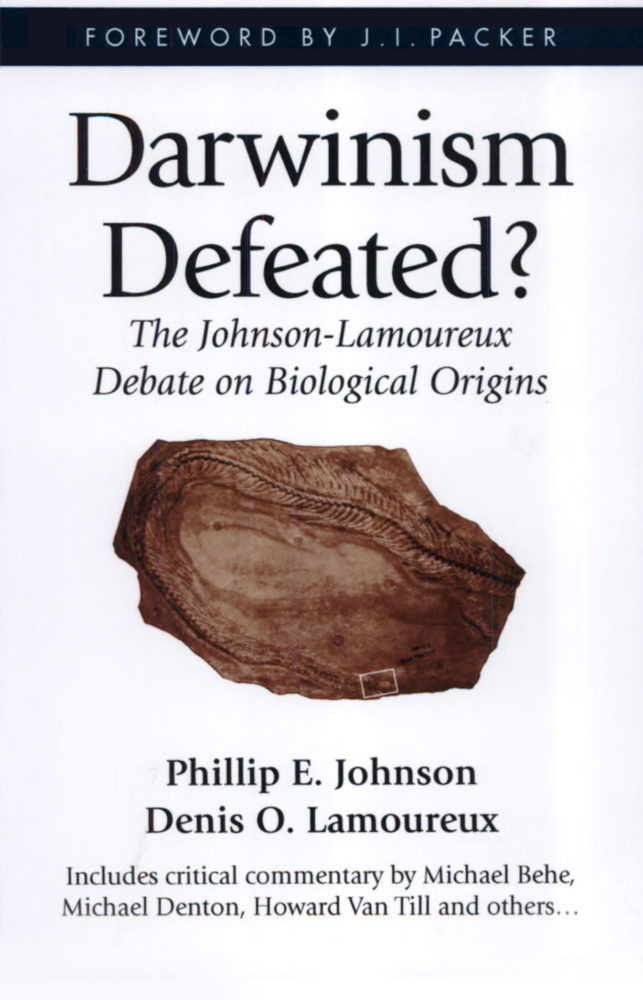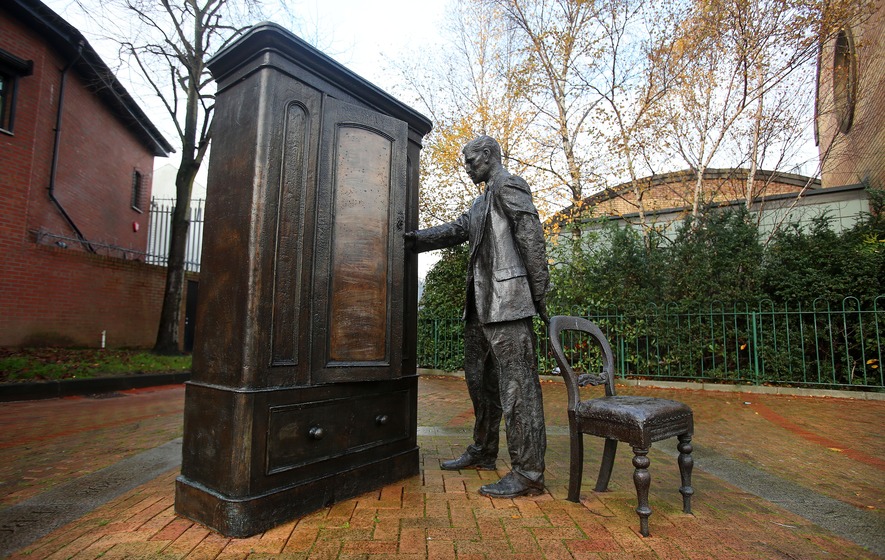
Phillip E. Johnson taught law for more than thirty years at the University of California — Berkeley where he was professor emeritus until his passing in 2019. He was recognized as a leading spokesman for the intelligent design movement, and was the author of many books, including Darwin on Trial, Reason in the Balance and Defeating Darwinism by Opening Minds.
Archives


Remembering Will Provine, Friend and Adversary

Phillip Johnson: Remembering Will Provine (1942-2015)
Remembering Will Provine, Friend and Adversary

Darwin on Trial 20th Anniversary: Phillip Johnson Looks Back and Forward
Phillip E. Johnson on Major Problems with Darwinian Theory
Phillip E. Johnson Replies to Nancey Murphy’s Review of Darwin on Trial
Excerpt from Reason in the Balance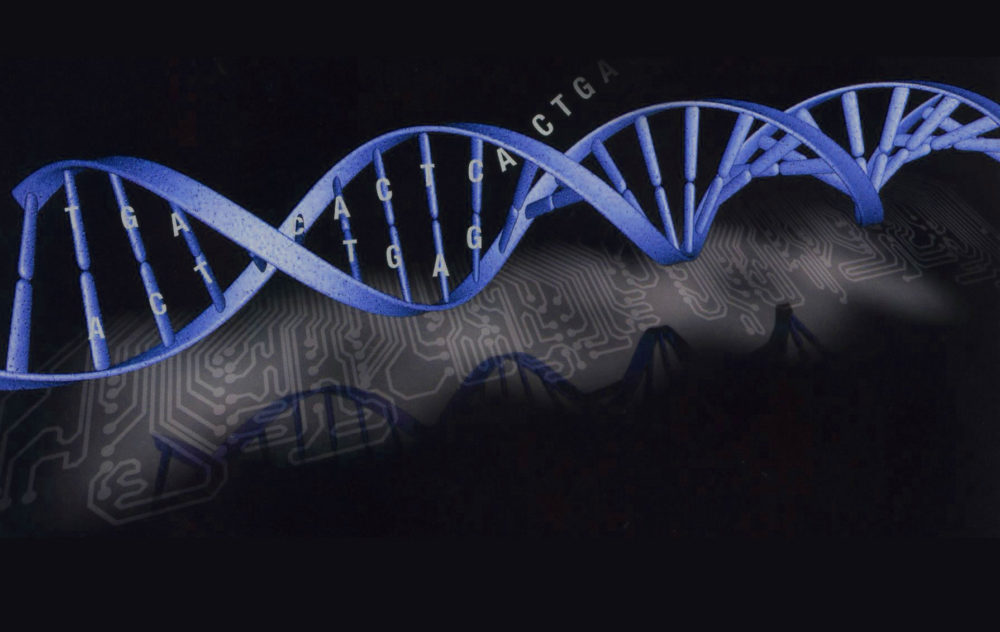
Dogmatic Signs
A Review of Signature in the CellAtheist Crusaders
Against All Gods: What’s Right and Wrong about the New Atheism

Intelligent Design 101
Leading Experts Explain the Key Issues
PBS, Darwin and Dover: an Interview with Phillip Johnson

Intelligent Design in Biology
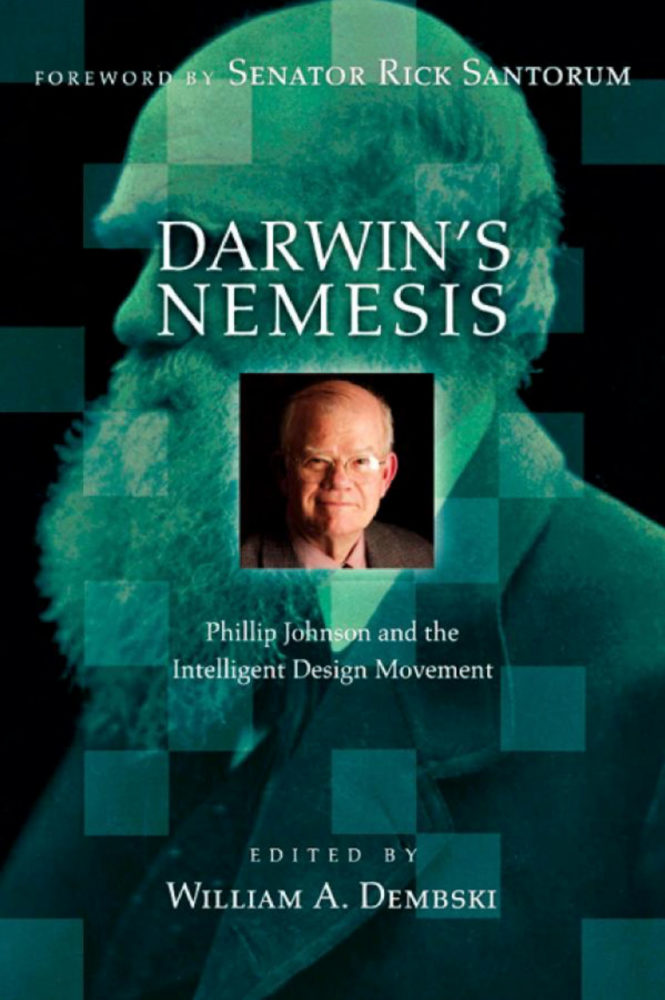
Darwin’s Nemesis
Phillip Johnson and the Intelligent Design Movement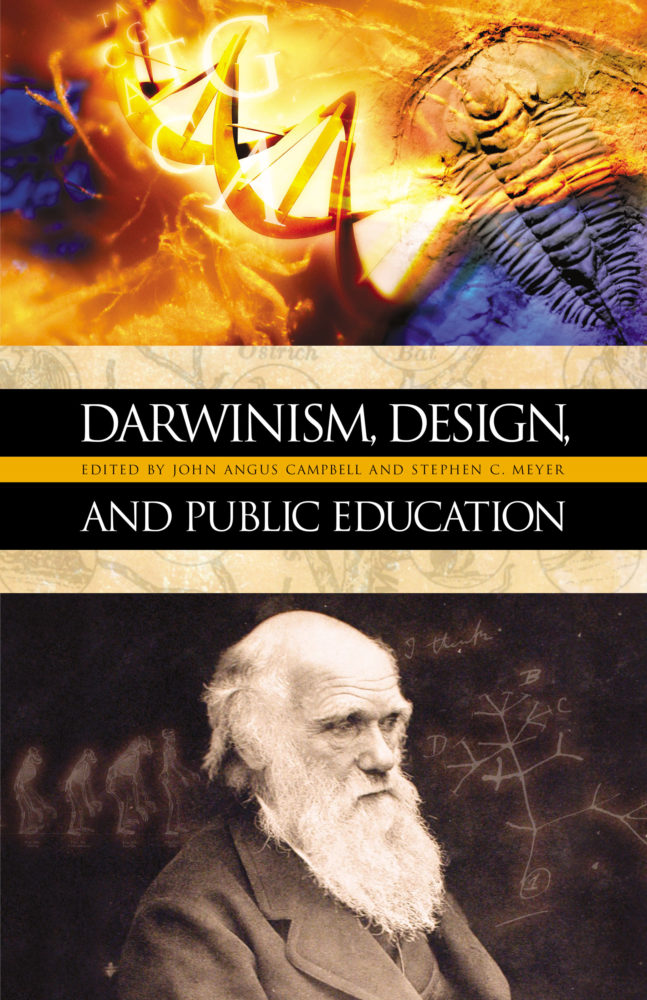
Darwinism, Design, and Public Education

The Right Questions
Truth, Meaning & Public Debate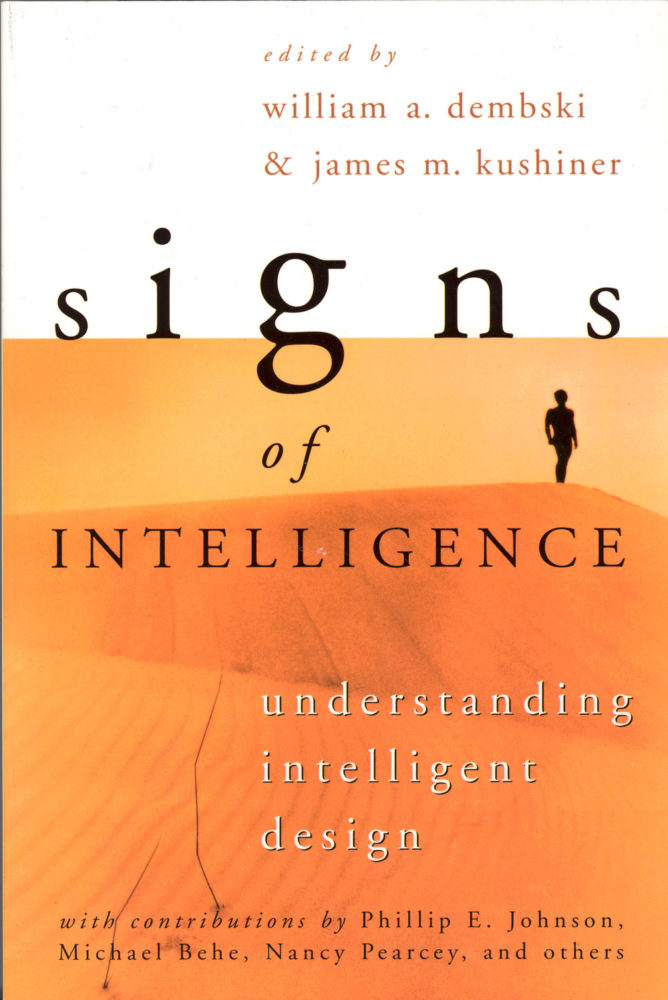
Signs of Intelligence
Understanding Intelligent Design
The Wedge of Truth
Splitting the Foundations of Naturalism
Metaphysics Matters
Review of In Defense of Natural Law by Robert P. George (Clarendon/Oxford University Press)